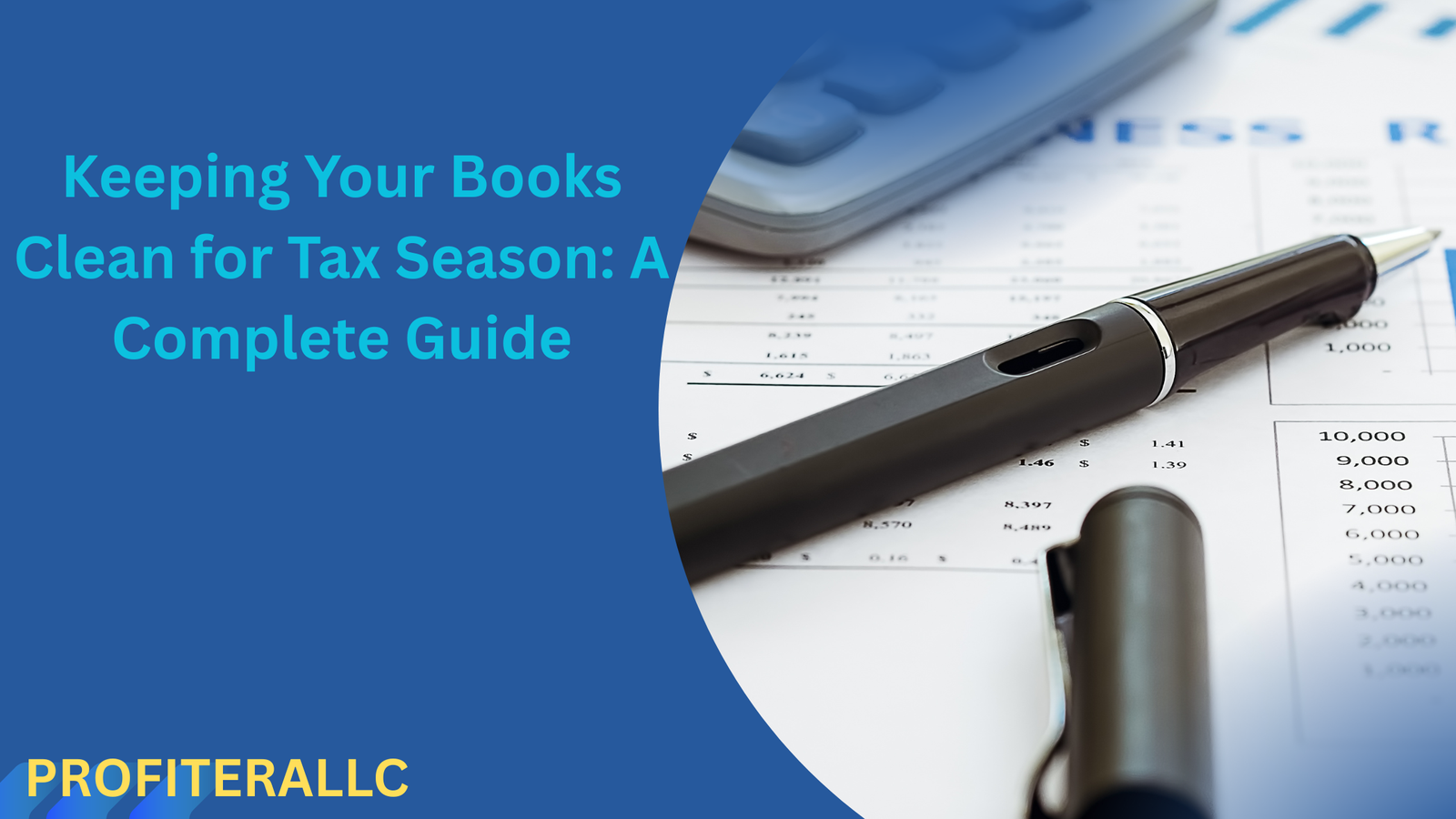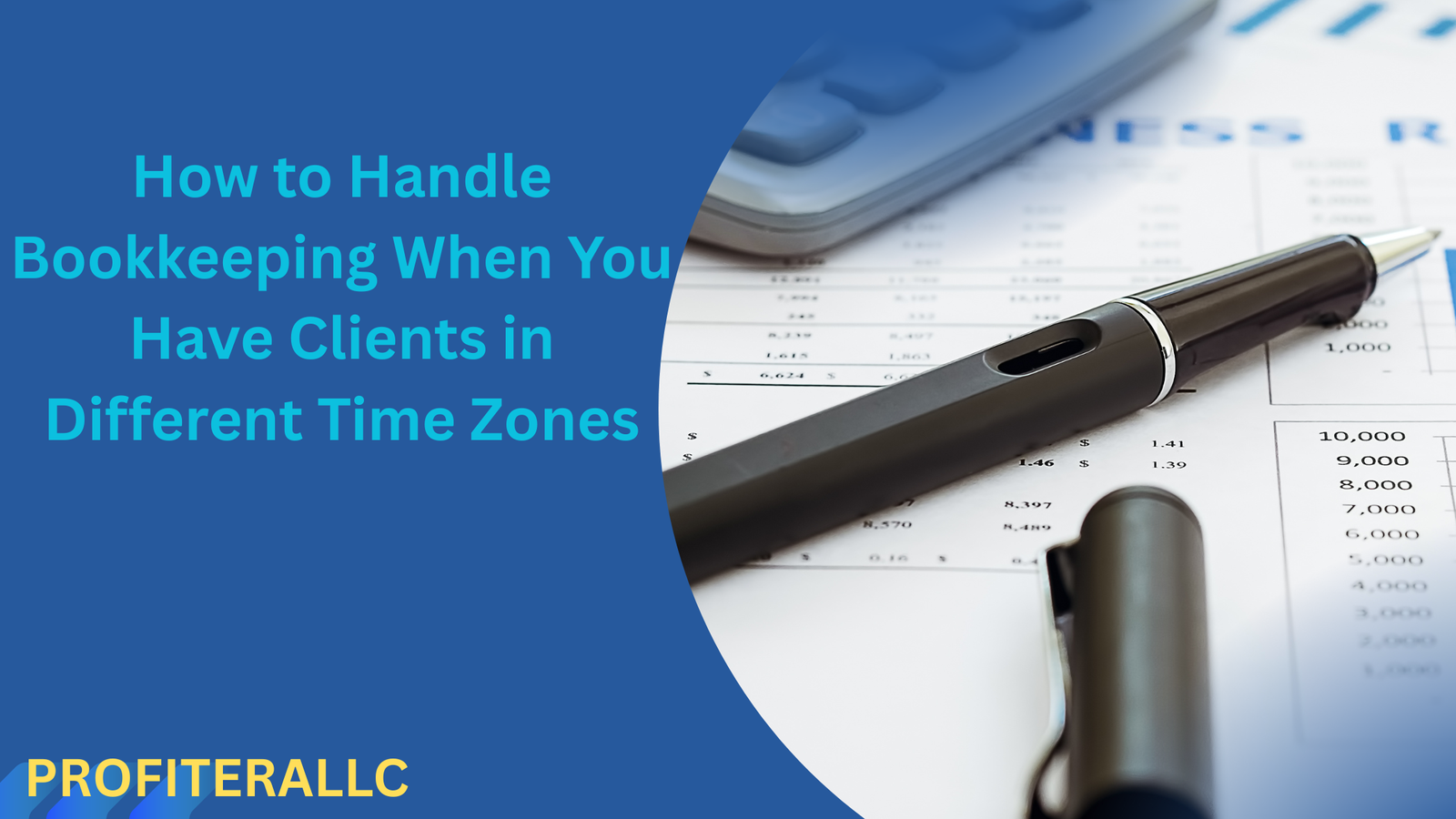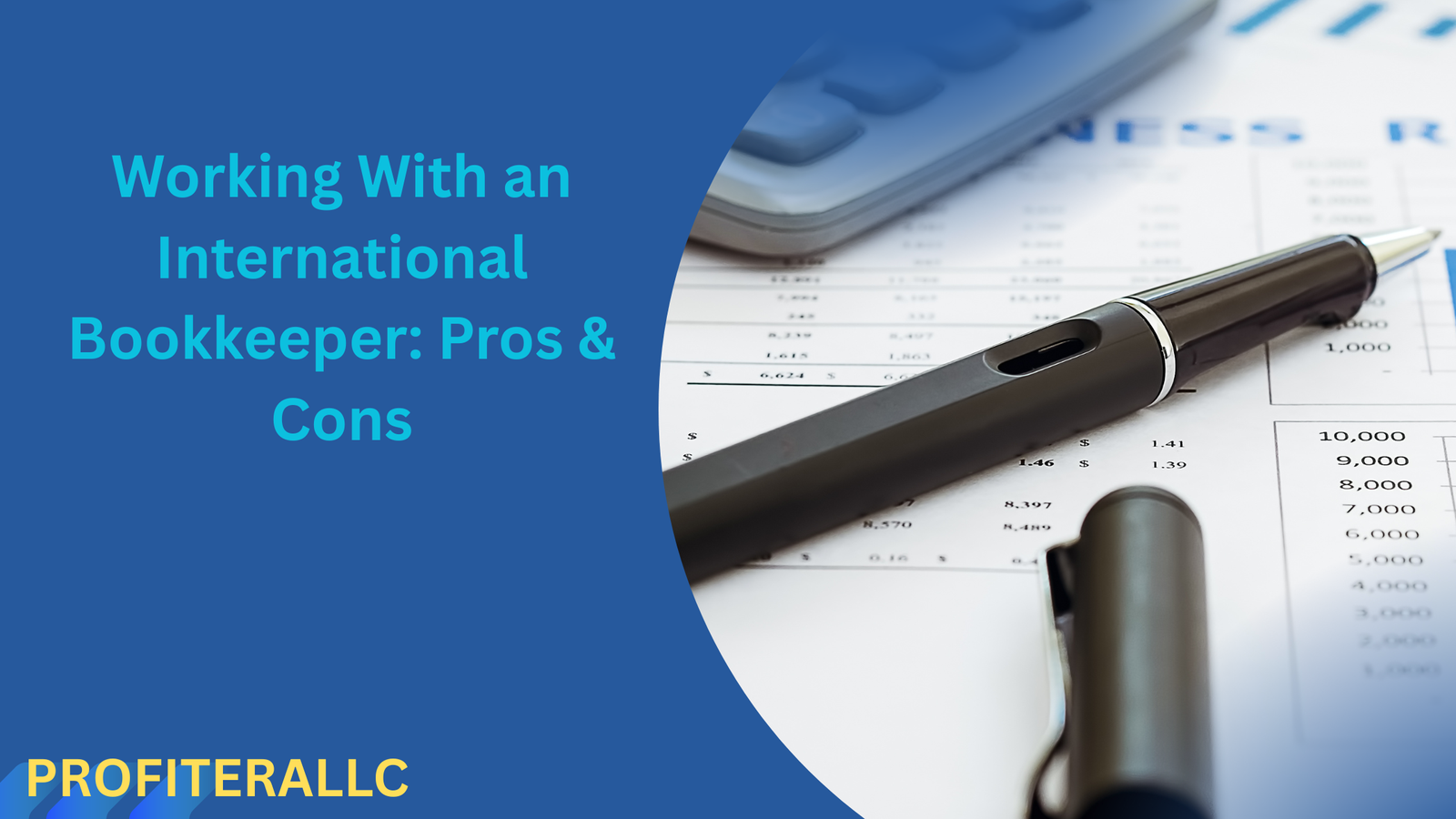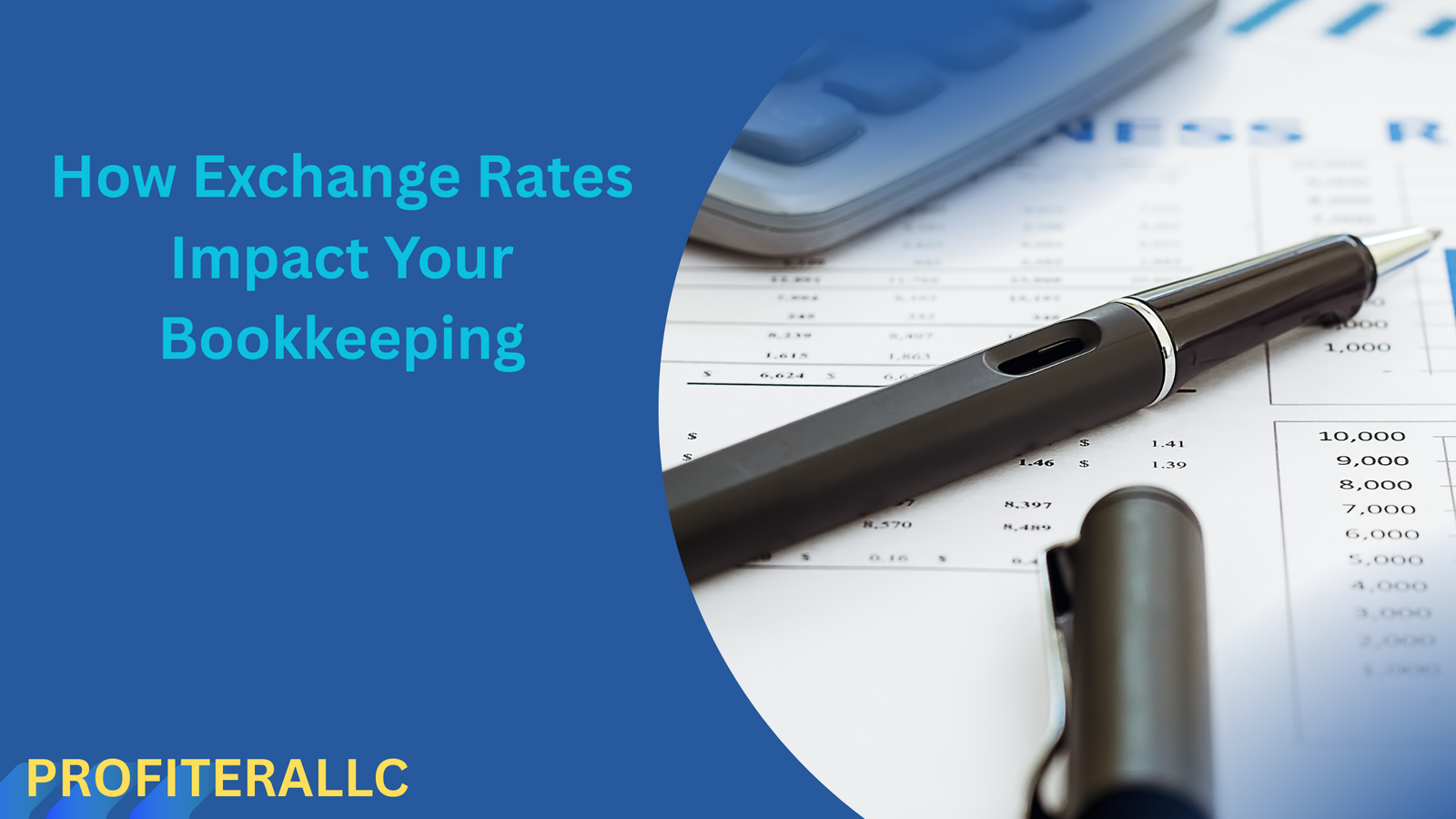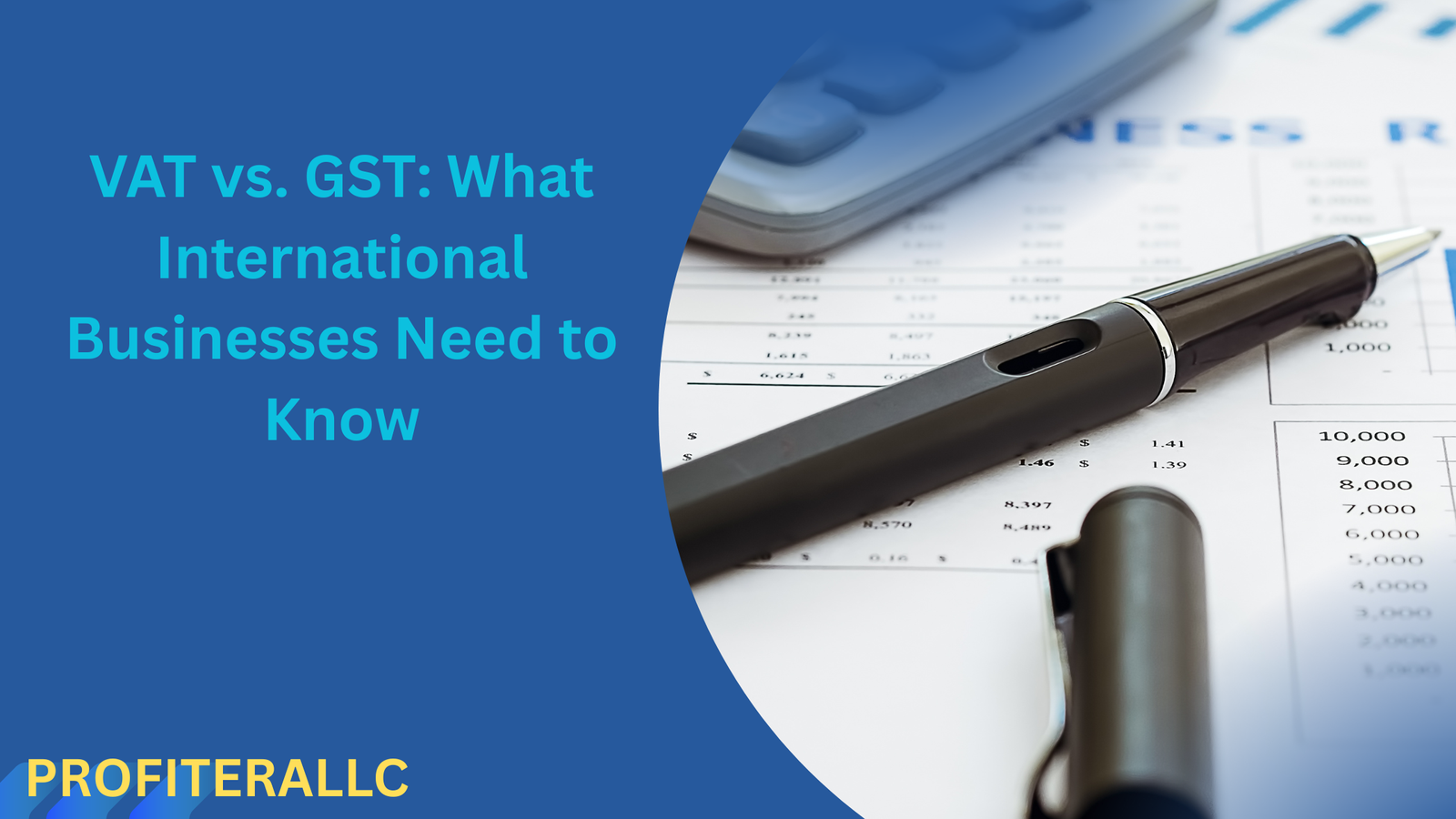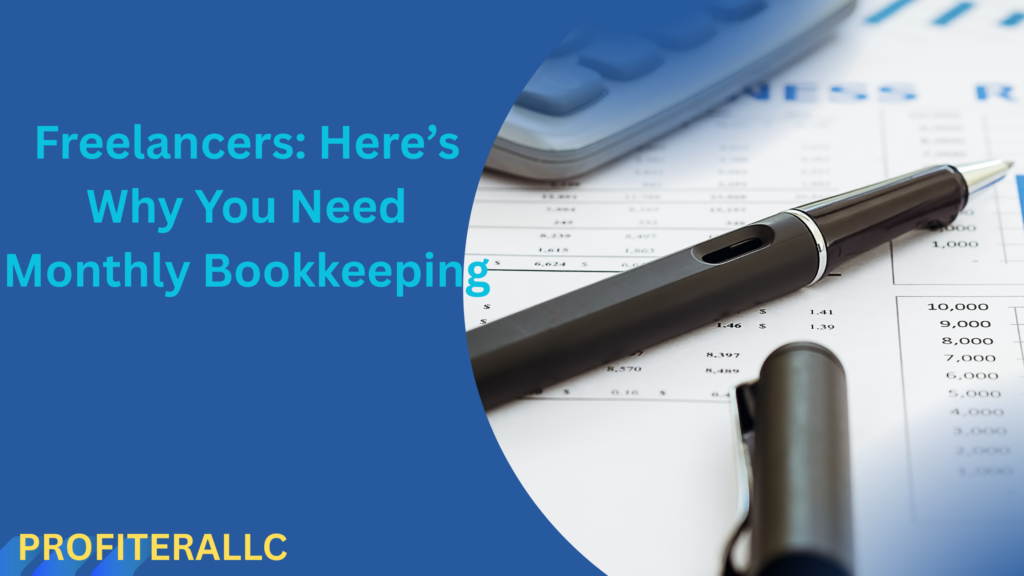
Introduction
Freelancing has revolutionized the way we work. With flexibility, autonomy, and the ability to work with multiple clients worldwide, freelancers enjoy an independent and dynamic career. However, along with this freedom comes the responsibility of managing finances effectively. One of the most crucial yet often overlooked aspects is monthly bookkeeping.
Monthly bookkeeping isn’t just a boring administrative task — it’s a vital part of sustaining and growing your freelance business. In this blog, we’ll explore why monthly bookkeeping is essential for freelancers, the benefits it offers, and how you can set up an efficient system to stay on top of your financial game.
What Is Bookkeeping and Why Does It Matter?
Bookkeeping involves recording, organizing, and managing your financial transactions. This includes tracking income, expenses, invoices, receipts, and bank statements. While many freelancers might only think about their books during tax season, maintaining them monthly provides a real-time view of your financial health.
Why It Matters:
- Prevents tax-time panic
- Helps with budgeting and cash flow
- Supports accurate invoicing and client payments
- Makes you audit-ready
- Increases credibility with lenders and clients
Top Reasons Freelancers Need Monthly Bookkeeping
1. Stay Compliant with Tax Regulations
Freelancers are typically responsible for handling their own taxes, including income tax and possibly GST or VAT, depending on the country. Monthly bookkeeping ensures:
- Proper documentation of income and deductible expenses
- Timely tax payments and filings
- Avoidance of penalties or audits due to incorrect reporting
2. Maintain Consistent Cash Flow
One of the biggest challenges freelancers face is inconsistent income. By maintaining monthly books, you can:
- Identify income patterns
- Predict slow months
- Budget effectively to avoid financial stress
- Set aside money for taxes and emergencies
3. Track Business Expenses Accurately
From software subscriptions and coworking spaces to internet bills and equipment, freelancers incur various business-related expenses. Monthly bookkeeping allows you to:
- Categorize and record each expense
- Maximize tax deductions
- Avoid missing out on reimbursable costs
4. Get Paid on Time
Invoicing is the lifeline of freelance income. Monthly bookkeeping ensures:
- Invoices are tracked and followed up
- Outstanding payments are flagged quickly
- Clients receive accurate billing
5. Measure Your Profitability
Do you know your net income after expenses each month? Monthly bookkeeping helps answer questions like:
- How much did you actually earn?
- Which services or clients are most profitable?
- Where are you overspending?
This data can shape better business decisions moving forward.
6. Simplify Year-End Financial Reporting
By keeping books up to date every month, year-end reports become much easier. You’ll already have:
- A profit and loss statement
- Expense summaries
- Tax deductions organized
- Clear records for your accountant or tax software
Common Bookkeeping Mistakes Freelancers Make
Understanding why bookkeeping is important also means recognizing common pitfalls, such as:
- Procrastinating until tax season
- Mixing personal and business finances
- Not keeping receipts or records
- Relying solely on bank statements
- Ignoring late client payments
Correcting these habits with monthly check-ins makes a huge difference.
How to Set Up a Simple Monthly Bookkeeping System
Even if you’re not a finance expert, you can implement an efficient bookkeeping system with these steps:
1. Open a Dedicated Business Bank Account
Separating your business finances from personal funds helps with accurate record-keeping and prevents confusion during tax time.
2. Use Bookkeeping Software
There are freelancer-friendly tools like:
- QuickBooks Self-Employed
- FreshBooks
- Wave
- Zoho Books
These platforms automate invoicing, track expenses, and generate reports.
3. Track Income and Expenses Weekly
Set a reminder each week to input:
- Payments received
- Expenses paid
- Mileage or travel-related costs
- Invoice status updates
By doing it weekly, your monthly summary will take less than an hour.
4. Reconcile Your Bank Statements
At the end of the month, compare your bank statement with your bookkeeping records to ensure:
- No duplicate transactions
- No missed income
- All expenses are accounted for
5. Generate and Review Financial Reports
Use your software to generate monthly:
- Profit & Loss Statement
- Cash Flow Summary
- Expense Breakdown
Review these reports to understand your business performance and adjust strategies accordingly.
When Should You Hire a Professional Bookkeeper?
While DIY bookkeeping is manageable for many freelancers, you should consider hiring a bookkeeper if:
- Your income has grown and your finances are more complex
- You’re overwhelmed or falling behind
- You’re unsure how to handle taxes or deductions
- You want to focus on scaling your business, not crunching numbers
Hiring a bookkeeper is an investment, not an expense. They save you time, reduce risk, and can often help you uncover savings.
Benefits of Consistent Monthly Bookkeeping
Here’s a quick summary of the key benefits freelancers gain from consistent bookkeeping:
| Benefit | Impact |
|---|---|
| Tax readiness | No last-minute panic, accurate filings |
| Budget clarity | Smarter spending and saving decisions |
| Reliable income tracking | Helps with pricing and planning |
| Professional image | Builds trust with clients and lenders |
| Time savings | Avoids end-of-year scrambling |
| Better financial insights | Data-driven decision-making |
SEO Best Practices for Freelance Bookkeeping
As a freelancer with a website or portfolio, creating content about your financial practices (like monthly bookkeeping) can improve your search visibility. Here’s how:
Include Keywords:
- Freelance bookkeeping
- Monthly bookkeeping for freelancers
- Bookkeeping tips
- Self-employed finance
- Tax tips for freelancers
Use Metadata:
Title Tag: Freelancers: Here’s Why You Need Monthly Bookkeeping
Meta Description: Discover why monthly bookkeeping is essential for freelancers. Learn how to track income, expenses, and taxes with ease and grow your freelance business stress-free.
Optimize for Voice Search:
Write in a conversational tone so that voice queries like “Why do freelancers need bookkeeping?” or “How to manage freelancer finances?” match your content.
Add Internal Links:
Link to related topics such as:
- “Best Accounting Tools for Freelancers”
- “Freelancer Tax Checklist”
- “How to Set Freelance Rates Based on Expenses”
Conclusion
Monthly bookkeeping is not just a “nice to have” — it’s a must for any serious freelancer. It empowers you to stay on top of your finances, make informed decisions, reduce stress, and plan for long-term success. Whether you do it yourself or hire a pro, integrating this habit into your business can be a game-changer.
Start small. Set aside just one hour a week. Use digital tools to make it seamless. And over time, you’ll feel more confident and in control of your freelance finances than ever before.
Want Help with Your Freelance Bookkeeping?
If you’re an international freelancer looking to outsource your monthly bookkeeping, get in touch with us today. We specialize in helping freelancers like you stay organized, tax-ready, and financially strong — wherever you’re working from!

